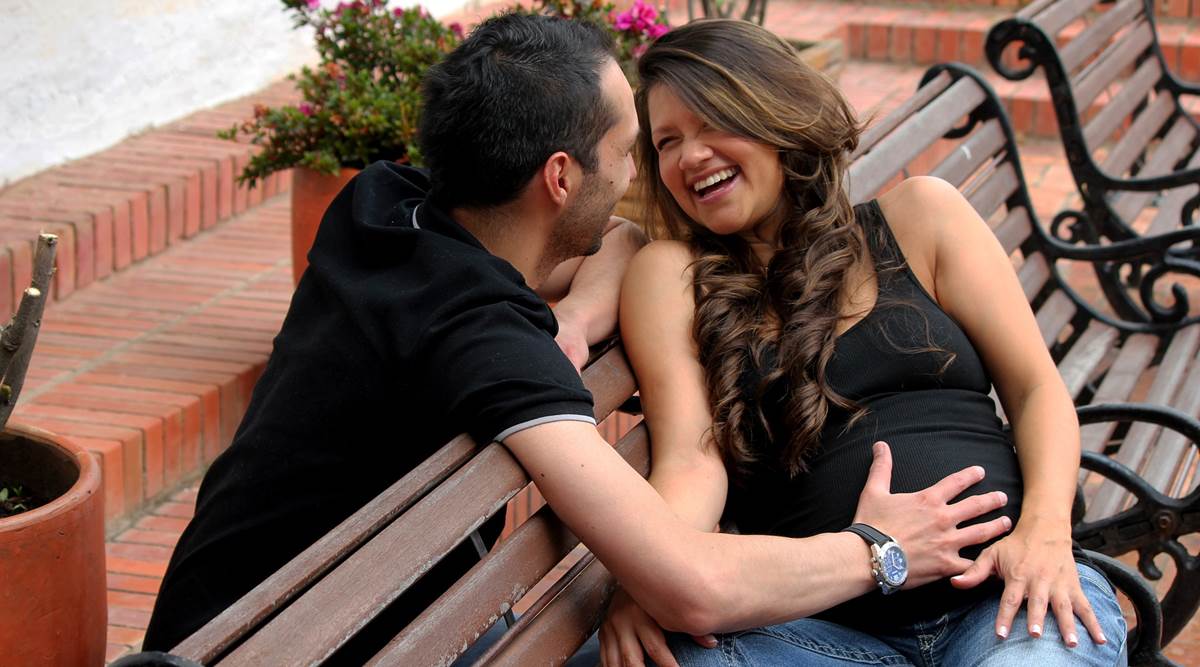Ageing is a natural process and the ovarian reserve starts to decline once a woman reaches her mid-30s.

Around the world, many people are known to ask this question: When does it become too late to try for a baby? For various reasons, some couples put their plans to start a family on-hold, and then find it difficult to conceive, because fertility changes according to age.
Experts say the peak reproductive years for women are the late 20s and the early 30s. And conceiving after 35 is medically termed as ‘advanced maternal age’, which involves issues, thereby making one’s pregnancy risky.
Ageing is a natural process, but the ovarian reserve starts to decline once a woman reaches mid-30s. By 45, fertility declines, and getting naturally pregnant becomes difficult.
It has been noted that age-related infertility has become common now, because of delayed pregnancy caused by financial instability, career aspirations, late marriages, or if one suffers from certain medical conditions.
“Women are born with a finite number of eggs. These eggs are in a resting state till menarche (when a girl has her first period). With every cycle, a few eggs are stimulated of which one, or sometimes two, will grow and reach the stage of ovulation to egg release. So, as the woman ages, more and more eggs would have been utilised.
“Not only that, with aging, the quality of eggs also deteriorates. The chance of conception, therefore, lowers. As women get into their 30s and 40s, the risk of chromosomal abnormalities like Down’s syndrome increases because the eggs also get older,” Dr Rajeshwari Pawar, senior consultant obstetrician and maternal-fetal medicine expert at Motherhood Hospital, Pune, explains.
“Apart from this, with age, the chances of diabetes, hypertension, obesity, and related diseases also increase, resulting in lowered fertility. If pregnancy happens, complications will be higher in these conditions. Thus, it would be right to state pregnancy planning should preferably be done in the late 20s and early 30s. The journey of life, however, is not always planned, and so many mothers are now planning their pregnancy in late 30s and 40s. These special group of women need a high-risk pregnancy specialist so they have a healthy baby,” the doctor adds.
Weighing in on this, Dr Karishma Dafle, fertility consultant at Nova IVF Fertility, Pune says it is recommended that “irrespective of your age, if you have been trying to conceive for more than 6 months to a year, and have not been successful”, it would be wise to take up the Anti-Mullerian Hormone (AMH) test to analyse the ovarian reserve. “By doing so, a woman will get an idea about when and how to plan the pregnancy. If the ovarian reserve is on the lower side, she can postpone pregnancy by opting for egg freezing (if the woman is single) or embryo freezing (if the woman already has a partner) as fertility preservation.”
“Once the eggs, embryos are frozen with no deterioration happening over time, there is no harm in transferring these embryos at a later stage. Women are also recommended to do Pre-implantation Genetic Testing (PGT) after the age of 36, when the embryos are created and screened for genetic abnormalities, before transferring,” Dr Dafle concludes.
Source: Read Full Article
